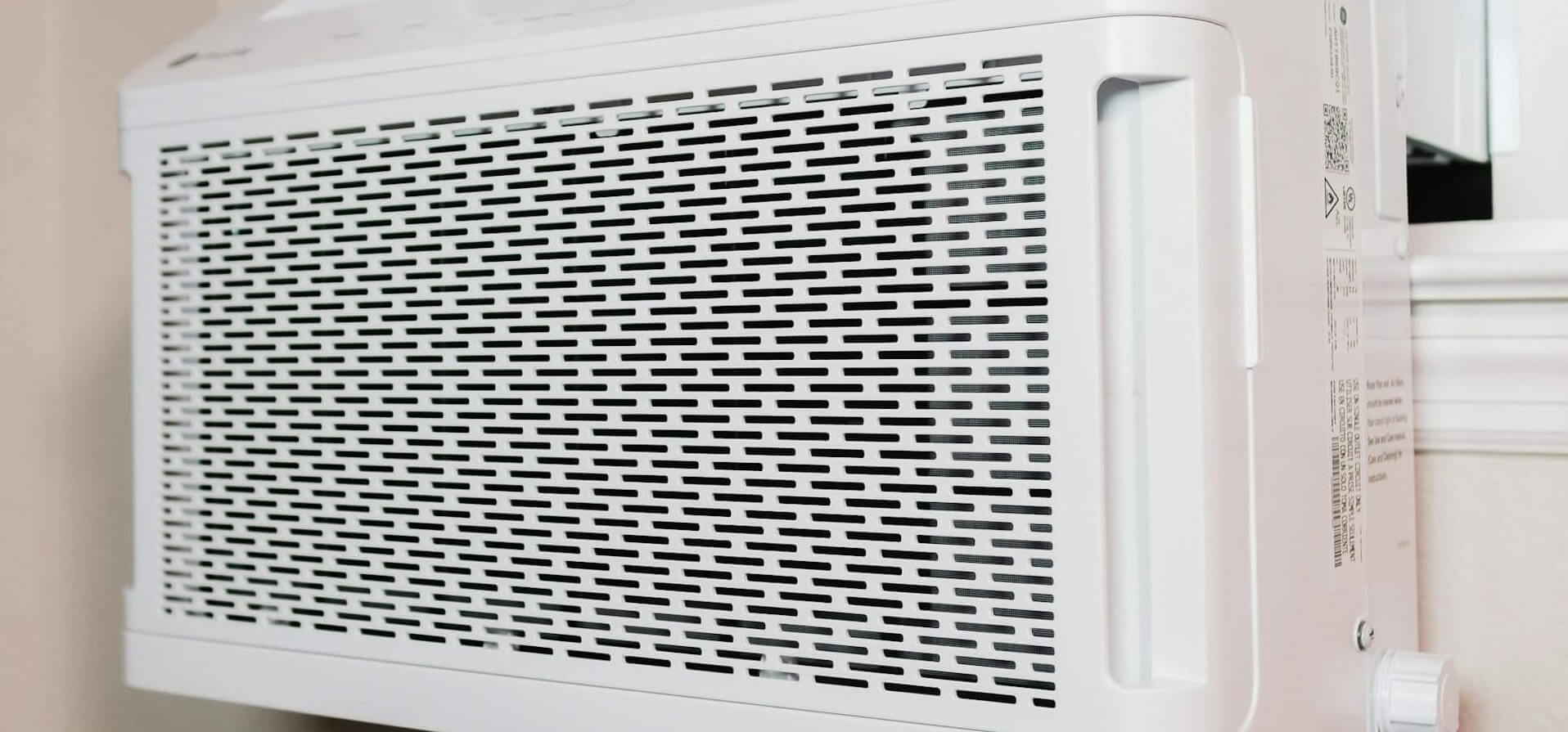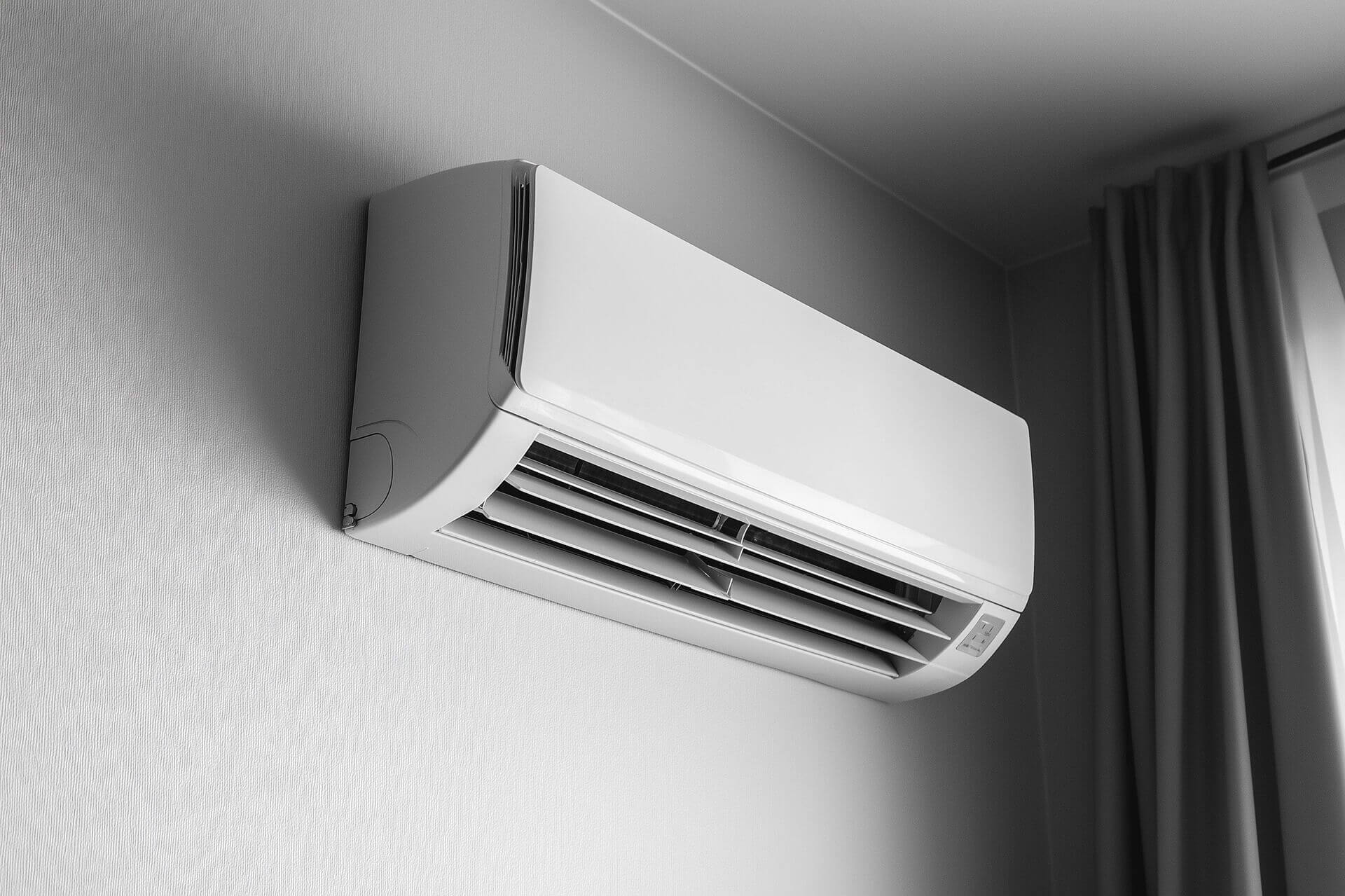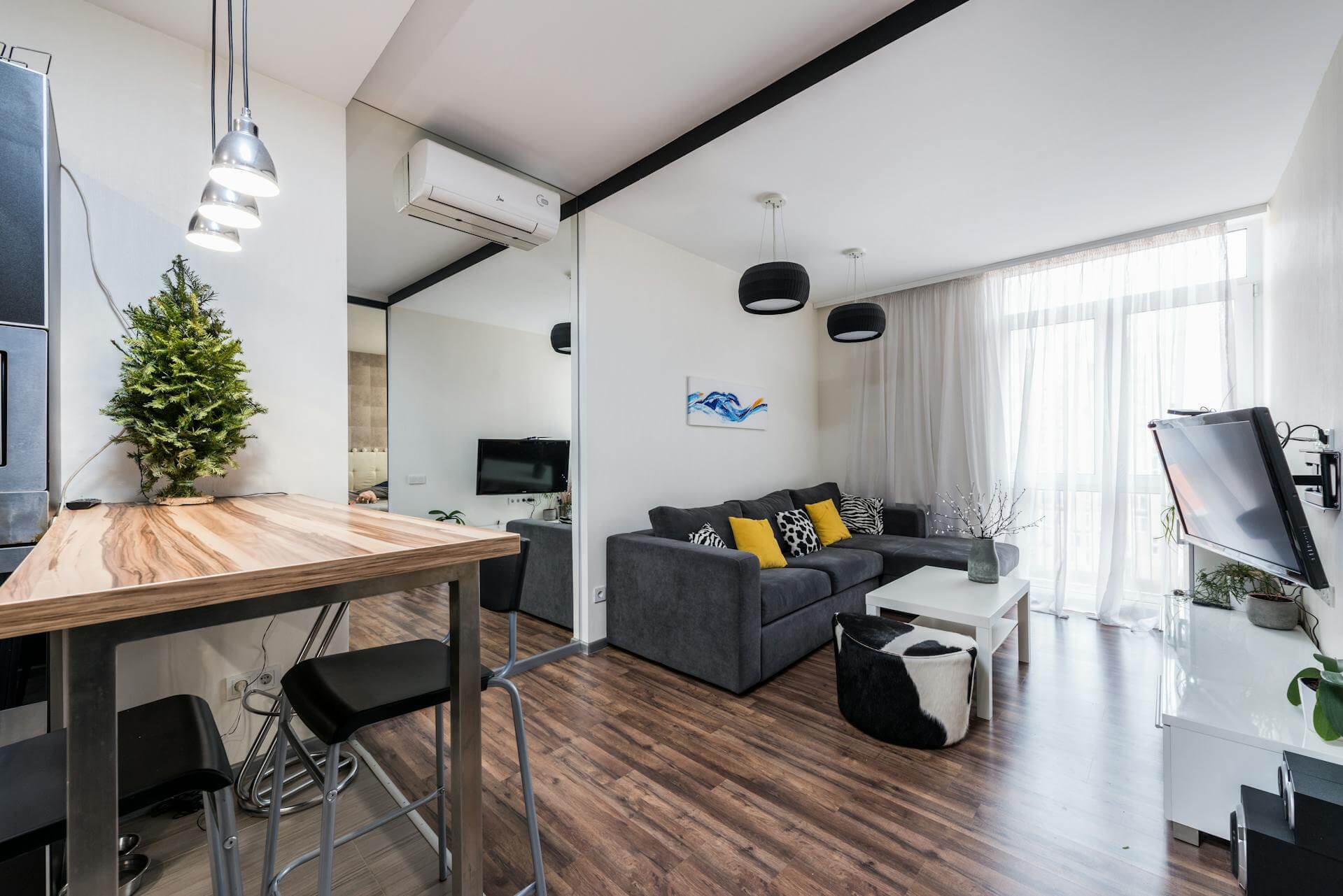
Determining the ideal frequency for an air conditioning service is crucial for ensuring the longevity, efficiency, and reliability of your system. While the specific answer to how often should air conditioning units be serviced can vary based on usage and environment, a clear consensus exists within the industry. Neglecting regular maintenance can lead to a significant drop in performance and an increase in running costs.
Annual Service for Air Conditioning Units
For the majority of residential air conditioning units, a comprehensive service check should be carried out at least once per year. An annual maintenance schedule is typically sufficient to address common issues such as cleaning clogged filters, checking refrigerant levels, and ensuring all components are operating correctly. This yearly inspection helps to keep the air conditioner running smoothly, maintain its cooling capacity, and catch minor problems before they escalate into costly repairs.
Bi-Annual Service for Air Conditioning Units
It is often recommended to have your air conditioning system serviced twice a year. This is particularly beneficial for units that are used for both cooling in the summer and providing heat in the winter. A bi-annual schedule typically involves:
- A service in the spring to prepare the unit for the heavy demands of summer cooling.
- A second service in the autumn to ensure it’s ready for the winter heating season.
This approach ensures the ac unit is working at maximum efficiency year-round and is often a requirement to maintain the manufacturer’s warranty.
Servicing for Commercial Air Conditioning Units
Commercial air conditioning units, especially those in high-demand environments like offices, retail spaces, or server rooms, require more frequent servicing. Due to their extended operating hours and critical role in maintaining a comfortable and safe environment, these systems are subject to greater wear and tear. For most commercial properties, a bi-annual or even quarterly air conditioning service is recommended to prevent unexpected breakdowns and ensure consistent performance. The exact frequency will depend on the size and complexity of the HVAC system and the nature of the building’s use.
Why Is Air Conditioning Servicing Important?
Understanding the importance of regular maintenance is key to appreciating why scheduling a professional service is a wise investment. An air conditioning service is not just about fixing problems; it’s a proactive measure that delivers tangible benefits in performance, cost, and health. Neglecting your air conditioner can have consequences that go far beyond a simple lack of cooling.
Improves Energy Efficiency
One of the most significant impacts of regular servicing is on energy efficiency. Over time, components like the internal coils and air filters accumulate dust and dirt. This buildup forces the air conditioning system to work much harder to draw in air and cool it, consuming more energy in the process. Without proper maintenance, an air conditioner loses approximately 5% of its overall efficiency for each year it operates without a service. A routine service check ensures all parts are clean and functioning optimally, which can improve efficiency by up to 15%, directly lowering your energy bills.
Increases Longevity of Air Conditioning Units
An air conditioning unit is a significant investment, and you want it to last as long as possible. Regular maintenance checks are the best way to extend the lifespan of your unit. During a service, an engineer inspects all critical components, lubricating moving parts and identifying signs of wear and tear. Addressing these small issues early prevents them from causing a major system failure, which could otherwise shorten the operational life of the ac unit significantly.
Reduces Cost Implications
The financial benefits of servicing are twofold, leading to substantial cost savings over time. Firstly, as mentioned, improved efficiency means lower monthly running costs and prevents the shock of unexpectedly higher energy bills. Secondly, preventative maintenance is far more affordable than emergency repairs. A sudden breakdown during a heatwave can be expensive and inconvenient. A scheduled service helps to avoid these situations, ensuring your HVAC system remains reliable when you need it most.
Maintains Indoor Air Quality
Your air conditioning system plays a vital role in circulating air throughout your home or building. If the filters and evaporator coils are dirty, they can become a breeding ground for dust, allergens, mould, and bacteria. The unit then circulates these harmful particles into the room, which can negatively impact respiratory health. A thorough air conditioning service cleans these critical components, helping to maintain a high standard of indoor air quality and creating a healthier living or working environment.
Ensures System Performance
A common symptom of a neglected air conditioner is a noticeable drop in its ability to cool a space. This is often due to clogged filters restricting airflow or dirty coils being unable to effectively transfer heat. Regular maintenance ensures that your unit delivers its full cooling capacity, keeping your environment comfortable and performing as the manufacturer intended.

What Affects Air Conditioning Servicing Frequency?
While annual or bi-annual servicing is a solid guideline, the optimal maintenance schedule for your specific air conditioning system can be influenced by several key factors. Understanding these variables will help you determine if your unit requires more frequent attention to keep it in peak condition. A one-size-fits-all approach doesn’t apply, and tailoring your service plan to your needs is the most effective strategy.
Type of AC Unit
Different types of air conditioning units have varying complexities and, therefore, different service requirements. A simple, single-split system in a residential property may only require an annual service check. In contrast, a large and complex VRF (Variable Refrigerant Flow) system with multiple indoor conditioning units in a commercial building will necessitate a more rigorous and frequent maintenance schedule, often quarterly, to ensure all parts of the HVAC system are functioning correctly.
Usage Patterns and Running Hours
How often and for how long you use your air conditioner is one of the most significant factors. An ac unit that is used sparingly, perhaps only during the peak of summer, will be subject to less wear and tear than a unit in a commercial office or a home with residents who require cooling for longer periods throughout the day. Systems in critical environments, such as server rooms or medical facilities, that run 24/7 will naturally require the most frequent servicing to prevent failure.
Environmental Factors
The environment in which your air conditioning operates plays a huge role in how quickly it accumulates dirt and debris.
- Indoor Environment: A home with pets, smokers, or located in an area with high pollen counts will cause air filters to become clogged much faster. Similarly, commercial environments like kitchens or workshops generate more airborne particles, demanding more regular cleaning.
- Outdoor Environment: The location of the external unit is also critical. If it is situated near trees, it can easily get blocked with leaves. Units in dusty, polluted urban areas or coastal locations exposed to salty air will need to be serviced regularly to prevent corrosion and blockages that hinder performance.
Manufacturer’s Warranty Requirements
For most modern air conditioning units, the manufacturer’s warranty is contingent upon proof of regular professional servicing. Skipping a scheduled maintenance visit could invalidate your warranty. This means that if a major component like the compressor fails, you could be liable for the full, often substantial, cost of the repair. It is essential to read the warranty documentation for your unit, as it will specify the minimum frequency required to maintain coverage, which is typically at least once per year.
What Are the Signs an Air Conditioning Unit Needs Servicing?
Even with a regular maintenance schedule, your air conditioning system can sometimes develop faults that require immediate attention. Recognising the warning signs that your unit isn’t performing correctly is crucial to prevent further damage and more expensive repairs. If you notice any of the following symptoms, it’s time to call a professional for a service check.
Unusual Noises from the Unit
Your air conditioner should operate with a consistent, low-level hum. If your unit starts making noises that are out of the ordinary, it’s a clear indicator of a problem. Pay attention to:
- Grinding or Squealing: This can suggest an issue with the motor bearings or a belt that needs replacing.
- Rattling or Banging: These unusual noises often point to a loose component, such as a fan blade or a panel.
- Buzzing or Clicking: This can signal an electrical fault within the system, which should be inspected immediately.
Reduced Cooling Efficiency
One of the most obvious signs of a problem is reduced cooling efficiency. If the ac unit is running, but the air coming out isn’t cold, or the system struggles to cool the room to the set temperature, its performance is compromised. This drop in cooling efficiency can be caused by several issues, including low refrigerant levels, a failing compressor, or severely clogged filters that are restricting the airflow.
Increased Energy Bills
A sudden and unexplained increase in your monthly energy bills can often be attributed to a struggling air conditioner. When a unit has to work harder to cool your space due to internal dirt, blockages, or a failing part, it consumes significantly more energy. This inefficiency will be directly reflected in your utility costs.
Water Leaks
You should never see water pooling around your indoor or outdoor conditioning units. The presence of water leaks is a definite sign that something is wrong. It is most commonly caused by a blocked or cracked condensate drain line, which is responsible for removing moisture collected from the air. If left unresolved, this can lead to water damage to your walls, ceilings, and floors.
Unpleasant Odors
Unpleasant smells emanating from your air conditioning are a red flag. A musty or mouldy odour typically indicates the growth of mould and mildew on the damp evaporator coils or within the drain pan. A strong, burning smell is more serious and could point to an electrical fault or an overheating motor, which requires you to shut down the system immediately and call for a service.
What Does Air Conditioning Servicing Include?
A professional air conditioning service is a thorough and systematic process designed to inspect, clean, and optimise every aspect of your unit. It goes far beyond simple cleaning and involves a series of technical checks to ensure the entire ac system is safe, efficient, and reliable. While the exact checklist can vary slightly between providers, a comprehensive service check will typically include the following key procedures.
This detailed inspection and cleaning process is what sets a professional service apart from simple DIY basic maintenance.
Here is a breakdown of what you can expect an engineer to do during a visit:
- Cleaning Air Filters and Coils: This is one of the most critical tasks. The engineer will remove and thoroughly clean the air filters to remove dust and allergens. If the filters are disposable or worn out, they will recommend replacing air filters. Crucially, they will also use specialist cleaning solutions to deep-clean the indoor evaporator coils and the outdoor condenser coils, as this is where dirt can buildup and severely impact performance.
- Inspecting the Condensate Drain: To prevent water leaks, the engineer will inspect the condensate drain line for any blockages caused by sludge or debris and flush it out to ensure moisture can flow away freely.
- Checking Refrigerant Levels: The engineer will check the refrigerant pressure in the system. If levels are low, it indicates a leak. A qualified professional will not simply “top up” the system but will identify the source of the leak for repair, which is essential for both the environment and the long-term health of your air conditioner.
- Inspecting Electrical Controls and Components: All electrical connections will be checked and tightened. The engineer will also measure the voltage and current of the motor and other key components to ensure they are operating within the manufacturer’s specifications. This is a vital safety check.
- Checking Mechanical Components: Moving parts, such as the fan motors and blades, will be inspected for wear and tear. The engineer will lubricate these parts as required to ensure smooth operation and prevent premature failure.
- Verifying Thermostat and Controls: The thermostat will be checked to ensure it is calibrated correctly and accurately reading the room temperature. The engineer will also test the controls to confirm the unit responds properly and that the system was installed correctly.
- Full Operational Check: Once all the individual checks and cleaning tasks are complete, the engineer will run the air conditioner through a full operational cycle. They will monitor its performance, measure the airflow and temperature output, and listen for any abnormal sounds to confirm that the service has been successful and the unit is in optimal working order.
London Areas We Serve
We provide professional air conditioning installation services across various London neighborhoods:
What Are UK-Specific Air Conditioning Regulations?
In addition to best-practice maintenance, owners and operators of air conditioning systems in the UK must comply with specific legal frameworks designed to protect the environment and promote energy efficiency. These regulations primarily concern refrigerant management and energy performance, and non-compliance can lead to significant penalties.
F-Gas Regulations for Air Conditioning Units
The F gas regulations are a crucial piece of UK legislation that governs the use of fluorinated greenhouse gases, which are the refrigerants found in most air conditioning and refrigeration systems. While the previous section discussed the engineer’s certification, these regulations also place a direct legal requirement on the owner or operator of the equipment. The primary responsibilities for the operator include:
- Preventing Leaks: You are legally obligated to prevent refrigerant from escaping into the atmosphere.
- Regular Leak Checks: The frequency of mandatory leak checks depends on the amount and type of F gas refrigerant in your system (measured by its CO2 equivalent tonnage). For many systems, especially in commercial properties, this means they must be checked for leaks at least once every 12 months. Your service engineer can determine the exact schedule for your specific unit.
- Maintaining Records: You must keep detailed records for any system containing over 5 tonnes of CO2 equivalent refrigerant. This log should include the quantity and type of refrigerant, details of any refrigerant added or recovered, and the dates and results of all leak checks.
- Prompt Repairs: If a leak is detected, it must be repaired without undue delay by a certified engineer.

Energy Performance of Buildings Regulations
Separate from the F gas regulations, the Energy Performance of Buildings (EPB) Regulations set out requirements for the energy inspection of air conditioning systems. In the UK, any system with an effective rated output of more than 12kW must be regularly inspected by an accredited air conditioning energy assessor.
This inspection, often referred to as a TM44 report, assesses the efficiency of your air conditioning units and provides recommendations for improvement. The first inspection must be carried out within five years of the system’s installation. Subsequent inspections are required at least every five years. This is a mandatory legal requirement for all larger air conditioning installations and is crucial for managing the energy performance of a building.
Frequently Asked Questions
Here are concise answers to some of the most common questions regarding air conditioning maintenance and servicing in the UK.
What are the legal requirements for air conditioning servicing in the UK?
There are two main legal requirements for operators of air conditioning systems in the UK. First, under the F-Gas Regulations, you have a legal duty to prevent refrigerant leaks, which requires regular leak checks by a certified engineer for systems containing over 5 tonnes of CO2 equivalent refrigerant. Second, the Energy Performance of Buildings Regulations mandate that any system with a combined cooling capacity over 12kW must have a formal energy inspection (a TM44 report) at least every five years.
How often do AC units need to be serviced?
As a general rule, residential air conditioning units should be serviced at least once a year. If the unit is used for both cooling and heat, a bi-annual service (once in spring, once in autumn) is ideal. Commercial air conditioning units that see heavier use typically require more frequent servicing, often bi-annually or even quarterly, depending on the operational demands.
What is the 3 minute rule for air conditioners?
The “3-minute rule” is a built-in safety feature in most modern air conditioner models. After the compressor shuts off, it will not restart for approximately three minutes, even if you adjust the thermostat. This delay allows the high pressure within the refrigerant system to equalize. Forcing a compressor to restart against high pressure can cause significant strain and damage, so this feature is essential for protecting one of the most vital components of your ac unit. It is a normal function, not a fault.
How often should air conditioning be serviced in the UK?
In the UK, it is recommended that standard residential air conditioning is serviced annually to ensure efficiency and reliability. For systems used more intensively or for commercial purposes, this should be increased to twice a year or more. Adhering to at least an annual schedule is also crucial for meeting the requirements of most manufacturer warranties and ensuring compliance with the mandatory leak check obligations under the F-Gas regulations for applicable systems.
